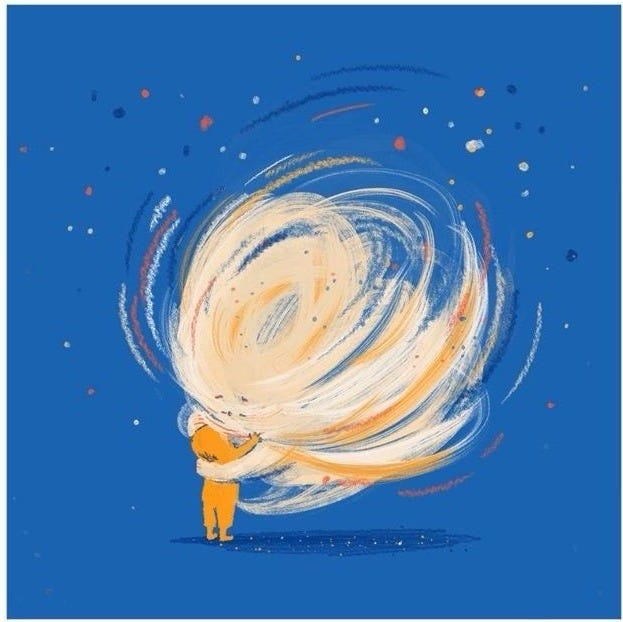
Have you ever made a decision that just felt right, even when the facts didn’t?
That inner tug. That quiet sense of knowing. We often call it intuition or a gut feeling. But too often, we’re taught to treat it as background noise—something emotional, soft, or unreliable.
What if we treated it as a valid argument? Not backed by spreadsheets or hard data, but rooted in something just as powerful: a deep, lived-in sense of self.
32-year-old Marlou Cornelissen shares a life lesson she’s carried since childhood:
“I’ve always had a strong intuition, and I’m super grateful that growing up, my parents always listened to me, whether my arguments were evidence-based or just a feeling. Because I trained this muscle from a young age, my intuition has become much stronger over the years. Today, it helps me in my leadership, and in the most important role I carry: motherhood.”
The thing about intuition is that it doesn’t always line up with logic. Sometimes it goes against the facts in front of us. And when that happens, it’s easy to push it aside in favour of what feels measurable or provable.
But our bodies and subconscious minds are always paying attention. They’re collecting patterns, storing experiences, and responding to situations in real time, sometimes faster than our conscious minds can catch up.
Research by neuroscientist Antonio Damasio shows that our bodies often register “right” versus “wrong” choices through physical cues like tightness, calm, and curiosity, before we’re even aware of the decision we’re making. He called these somatic markers: emotional bookmarks our brains create based on past experience.
Think of the firefighter who senses danger before a building collapses. The nurse who checks on a patient moments before the vitals shift. Or a parent who wakes up just before their child calls out. That’s intuition at work, shaped by years of experience, awareness, and trust.
So this week, let’s borrow a reminder from Marlou: Consider your intuition to be a valid argument.
From gut to heart,
Team FUEL
P.S. What’s a time you followed your intuition, even when it didn’t make sense? What did you learn from it? Share it with us here.




We also refer to this in some circles as emotional intelligence. Yet we do the minimum in helping to refine this in teachers. What if we did a full court press in all schools and community spaces and we actively taught how to fine tune our feelings and intuitions. What if we used the arts and rode the carpet of the imagination to achieve this?